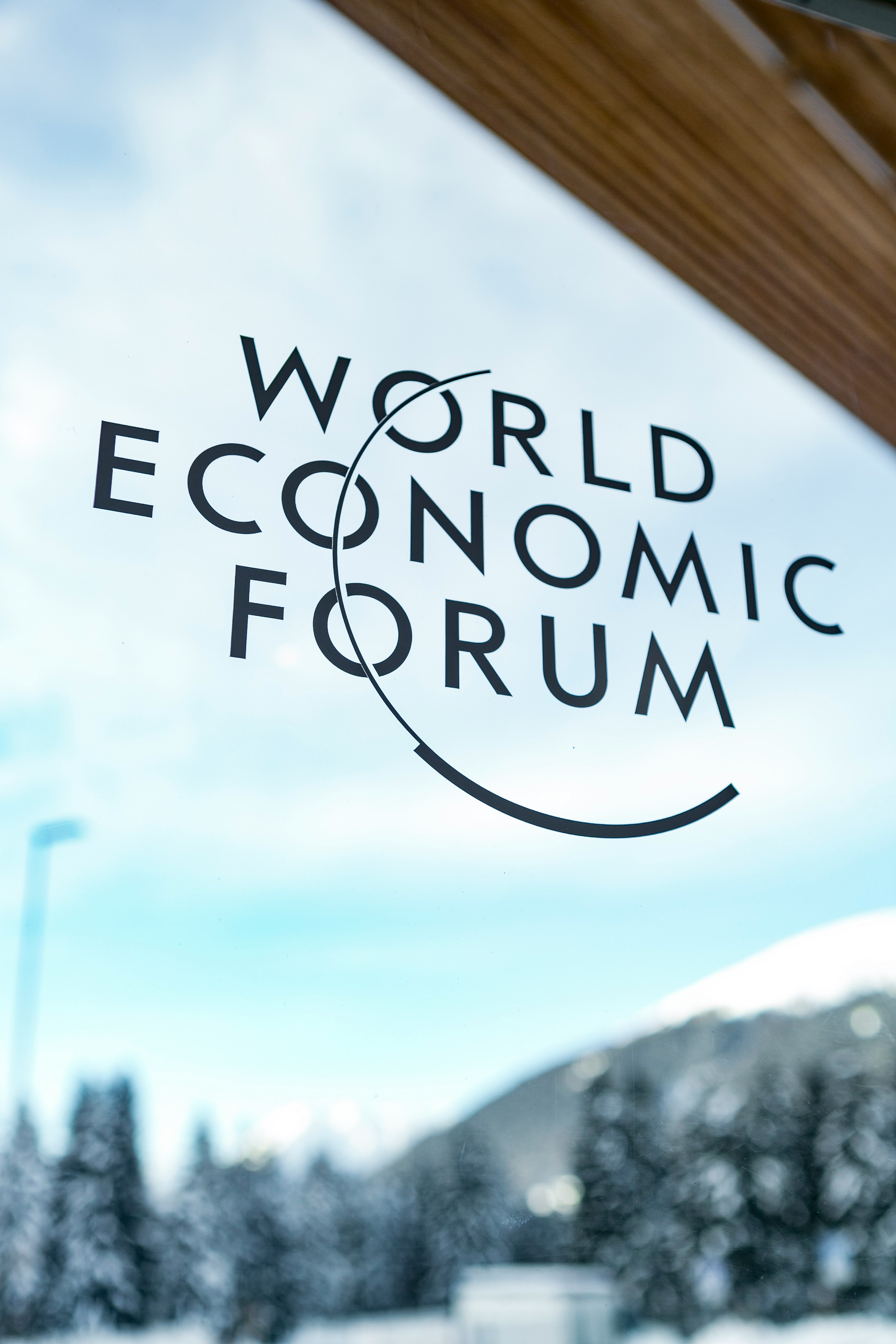Former Nestlé CEO Peter Brabeck-Letmathe has stepped in as the interim chair of the World Economic Forum (WEF) in Geneva, Switzerland, following the immediate departure of its founder, Klaus Schwab. This leadership shift comes as the influential global organization undergoes a transition and faces increased scrutiny.
- Peter Brabeck-Letmathe has been appointed as the interim chair of the World Economic Forum (WEF) following Klaus Schwab’s immediate resignation after 55 years in the role.
- As interim chair, Brabeck-Letmathe, a former CEO of Nestlé, will guide the WEF while the board searches for a permanent successor, a move that occurs amidst scrutiny of the WEF’s corporate ties and Schwab’s alleged misconduct.
- The leadership of the WEF is significant as it influences the agenda and discussions among global leaders on critical issues, potentially impacting policy and business decisions worldwide.
The World Economic Forum (WEF), a prominent global platform convening leaders from diverse sectors to address critical global issues, has announced a significant leadership transition. Following the resignation of its Founder and long-serving Chairman, Klaus Schwab, Peter Brabeck-Letmathe has been appointed as the interim chair. This development marks a notable juncture for the organization, which plays a considerable role in shaping global discourse and policy.
What is the World Economic Forum
The WEF serves as a platform where leaders from business, government, academia, and civil society convene to discuss and tackle pressing global issues, with the stated aim of shaping global, regional, and industry agendas. For instance, the WEF has been instrumental in promoting discussions around globalization, sustainable development, and the Fourth Industrial Revolution, topics that have influenced policy debates and business strategies related to trade, environmental regulations, and technological advancements that ultimately affect everyday life.
The Significance of the WEF Chairmanship
The individual holding the position of WEF Chair exerts considerable influence over the organization’s agenda and priorities. This leadership role shapes the issues that are brought to the forefront for discussion among global leaders in government, business, and academia. The dialogues and initiatives emanating from the WEF can subsequently impact policy formulation and corporate strategies worldwide, underscoring the importance of its leadership.
Peter Brabeck-Letmathe: Background and Considerations
Peter Brabeck-Letmathe, the appointed interim chair, brings a substantial background in international business, notably through his leadership at the Nestlé Group. His long-standing involvement with the WEF as Vice-Chairman of the Foundation Board provides him with familiarity with the organization’s operations and objectives.
However, his appointment is not without scrutiny. Certain past viewpoints, particularly regarding the management of water resources as an economic commodity, have elicited criticism from those who advocate for water as a fundamental human right. Furthermore, the WEF itself faces ongoing debate regarding its engagement with corporate entities and the extent to which its discussions reflect broader societal concerns. The selection of a former CEO of a major multinational corporation as interim chair may amplify these existing perspectives.
Implications of the Leadership Transition
While Mr. Brabeck-Letmathe’s tenure is designated as interim, his leadership will guide the WEF during this period of transition. The Board of Trustees is currently undertaking a search process to identify a permanent successor. The eventual appointment will be closely observed, as the priorities and perspectives of the permanent chair will likely shape the future trajectory of the World Economic Forum and its engagement with global challenges. This leadership transition warrants attention due to the WEF’s influential position on the global stage.











